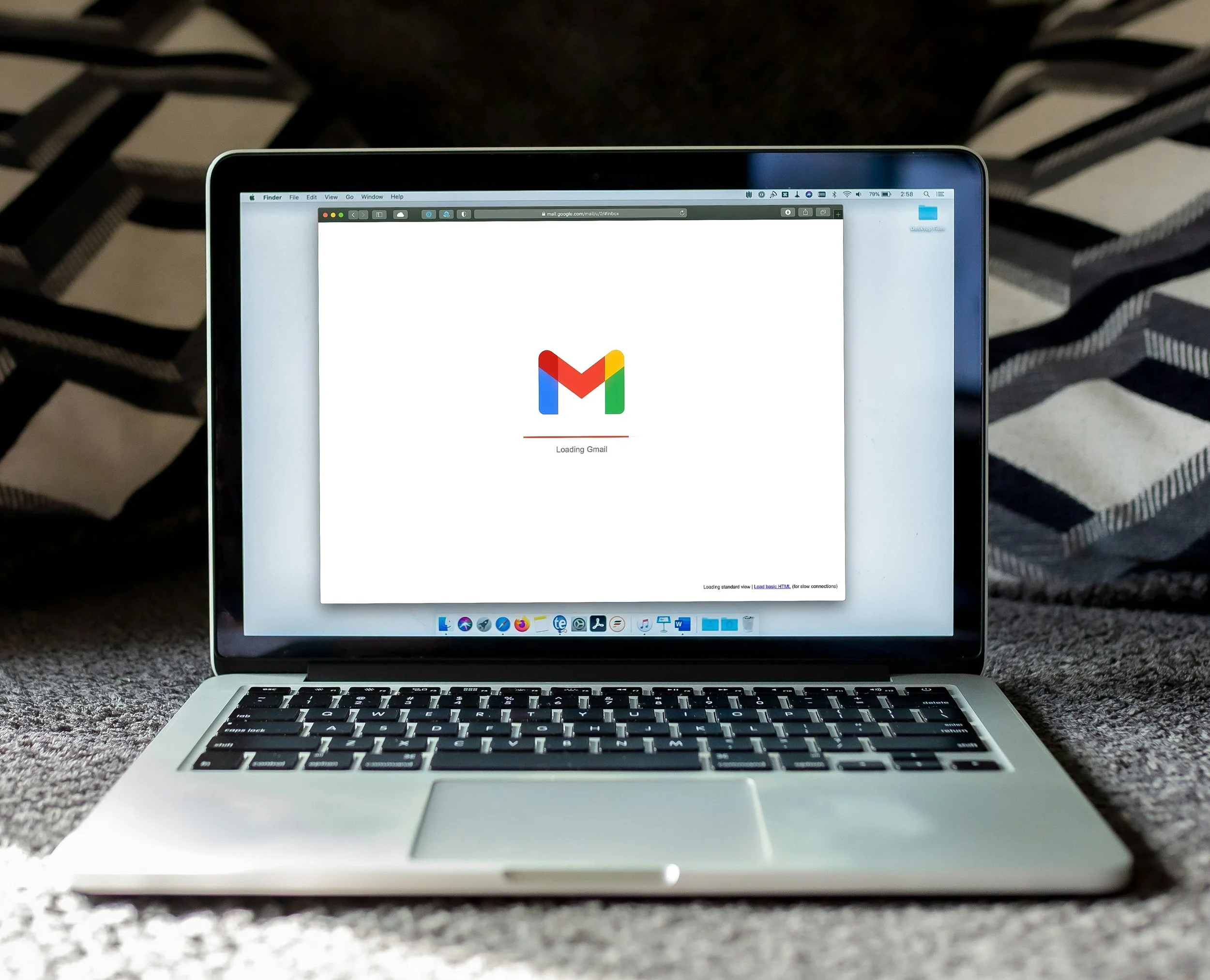Google-Commissioned Report Highlights Generative AI's Potential to Boost EU Economy by EUR 1.4 Trillion
A new report, released on September 30, 2024, and commissioned by Google, reveals the significant economic impact generative AI could have on the European Union. Conducted by Implement Consulting Group, the study estimates that with widespread adoption, generative AI could add between EUR 1.2 to 1.4 trillion to the EU’s GDP over the next decade—a potential 8% boost. This transformative technology could be the key to enhancing the EU's competitiveness, especially as the region continues to trail behind global leaders like the United States and China.
Economic Opportunity: AI to Transform Productivity
The Google-backed report outlines three primary sources for these economic gains:
Productivity Increases: Generative AI will enhance the productivity of human workers across multiple sectors, especially in services, by taking over routine tasks and providing advanced decision-making capabilities.
Automation Benefits: AI-powered automation will free up significant amounts of time, allowing workers to focus on more strategic and value-driven activities. This could lead to an increase in innovation and better business outcomes across industries.
Reallocation of Resources: Time and effort saved through automation can be redirected toward high-value tasks that drive economic growth, such as creative problem-solving, research, and strategic initiatives.
Job Market Implications: Collaboration, Not Job Loss
Photo by Solen Feyissa
While the rapid rise of AI has raised concerns about widespread job losses, the study offers a more nuanced outlook. Contrary to fears of an "AI apocalypse" in the labor market, the report suggests that the majority of workers will collaborate with AI rather than be displaced by it. Specifically:
61% of jobs are expected to work alongside generative AI, augmenting human abilities and boosting productivity.
32% of jobs will remain largely unaffected, as their functions are unlikely to be automated in the foreseeable future.
Only 7% of jobs are at high risk of displacement, but the report highlights that AI will likely create new roles within the emerging AI-driven economy, mitigating the impact of job losses.
Rather than causing widespread unemployment, generative AI is expected to lead to net-zero job displacement, with new AI-related jobs replacing those lost to automation.
Sectoral Impact: A Focus on the Services Industry
Generative AI is unique in its potential to impact the services sector, which makes up around 80% of the EU’s economy. Unlike past waves of automation that primarily benefited manufacturing, AI will boost productivity in areas like healthcare, education, legal services, and financial sectors. By automating tasks like data analysis, drafting, and diagnostics, AI will enable professionals to work more efficiently, ultimately benefiting the economy at large.
AI Readiness: Europe’s Innovation Challenge
Despite its promise, the full potential of generative AI will only be realized if Europe can address its current gaps in AI readiness. The Google-commissioned report points out that while the EU has laid a solid foundation for AI adoption—scoring well in areas like its operating environment and government strategies—it lags behind in AI innovation drivers such as talent development, research, and commercialization.
The Tortoise Global AI Index underscores this concern, showing that the EU falls short compared to global leaders in these areas, which are crucial for staying competitive in the AI space. Without significant investment in these innovation drivers, Europe risks missing the next wave of technological advancement.
Seizing the AI Opportunity
The Google-backed study presents a clear path forward for Europe: generative AI offers a once-in-a-generation opportunity to enhance productivity and spur economic growth. However, for the EU to fully realize these benefits, it must focus on developing AI talent, fostering innovation, and commercializing new technologies.
For European businesses and policymakers, the stakes are high. The next decade will determine whether Europe can leverage AI to close the gap with global leaders or whether it will be left behind in the race for AI dominance. Now is the time for strategic investments in AI capabilities to ensure that Europe not only keeps pace but thrives in this new era of AI-driven economies.
New Stardom is a leading online magazine focused on the Future of Work, delivering the latest news on AI, remote work, and emerging workplace trends.




